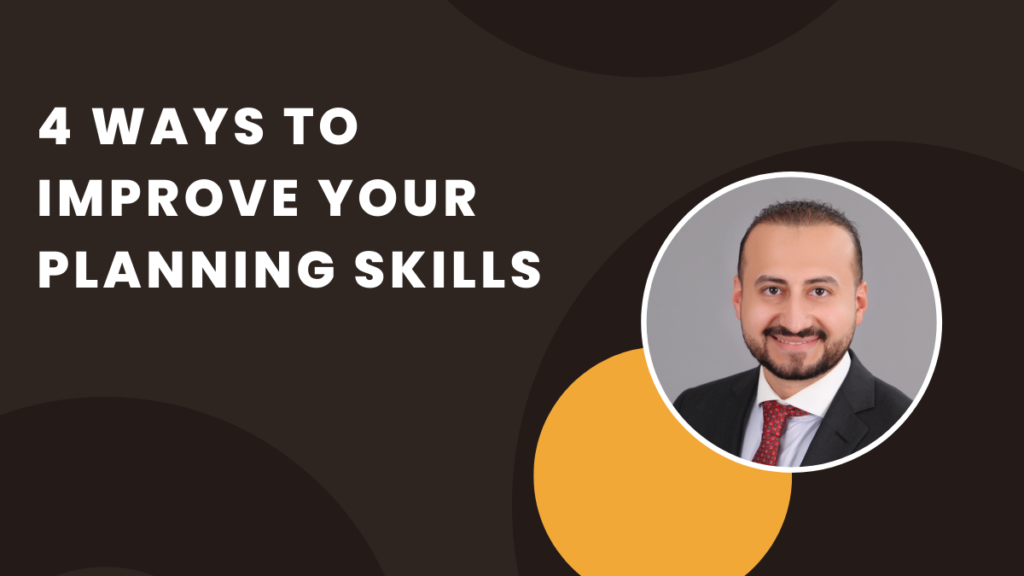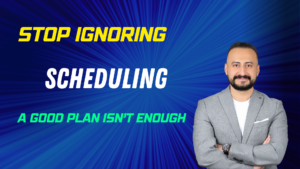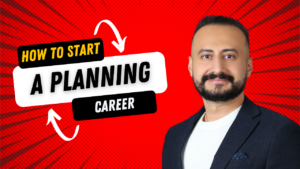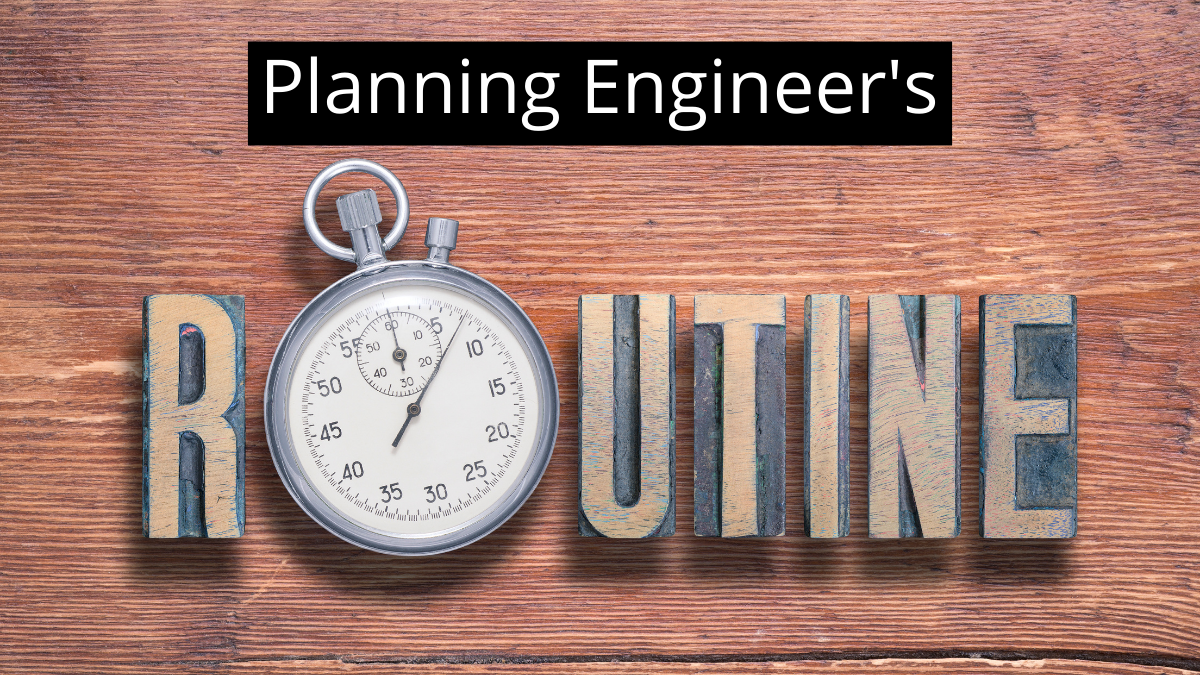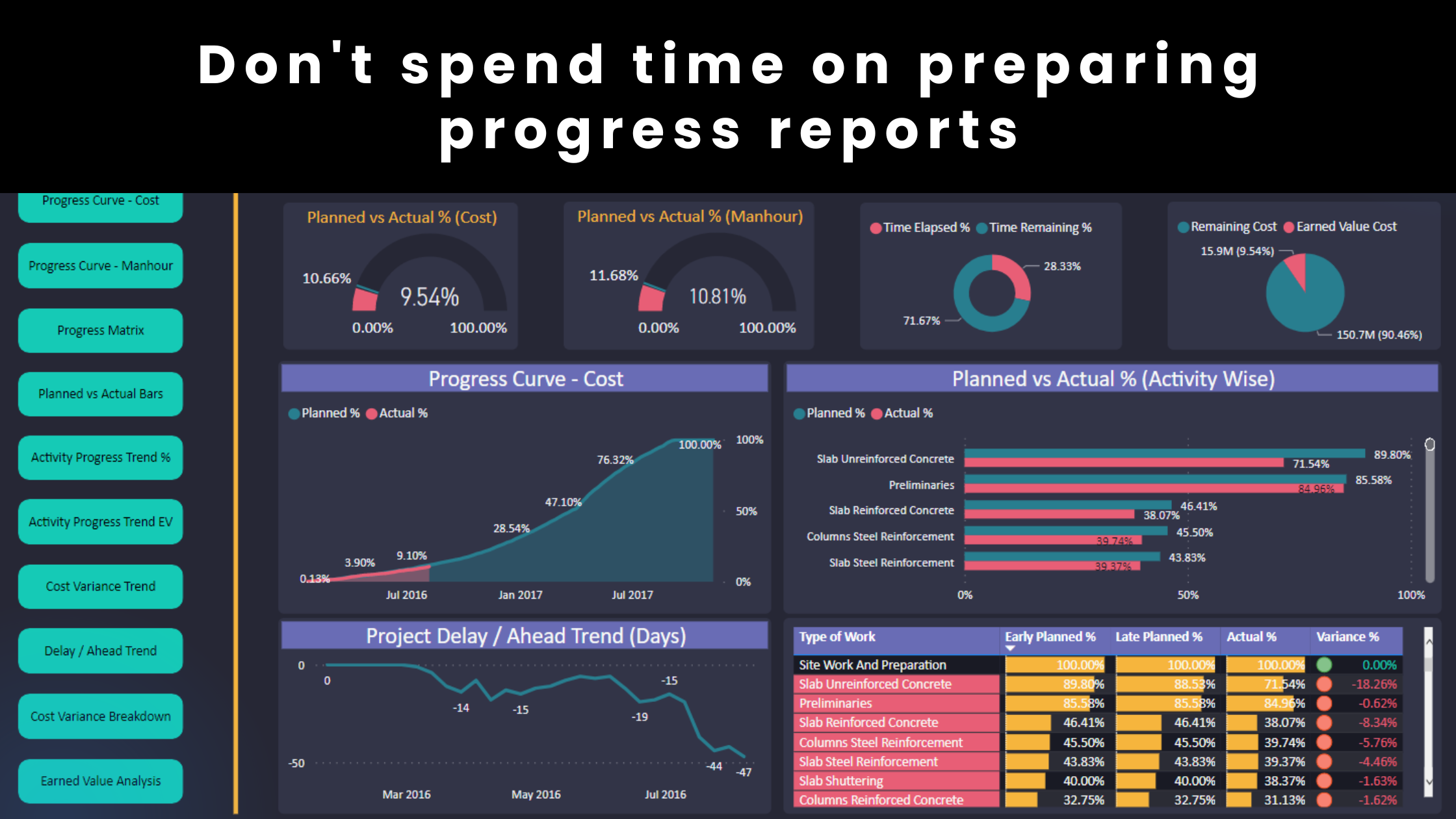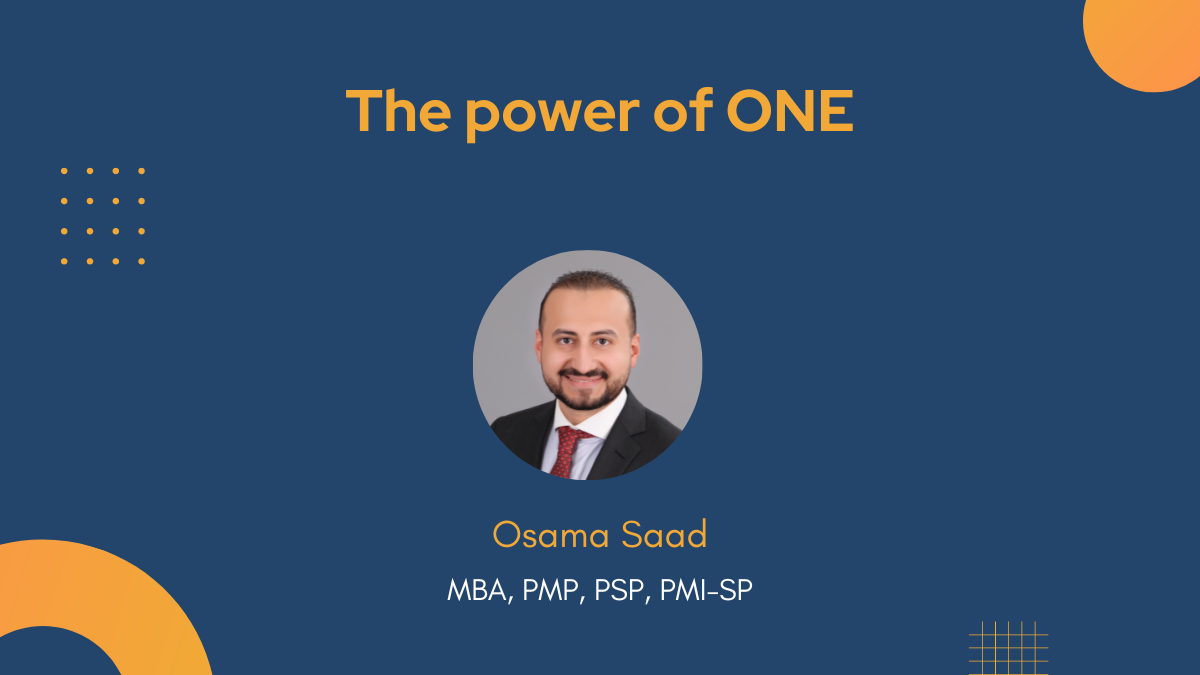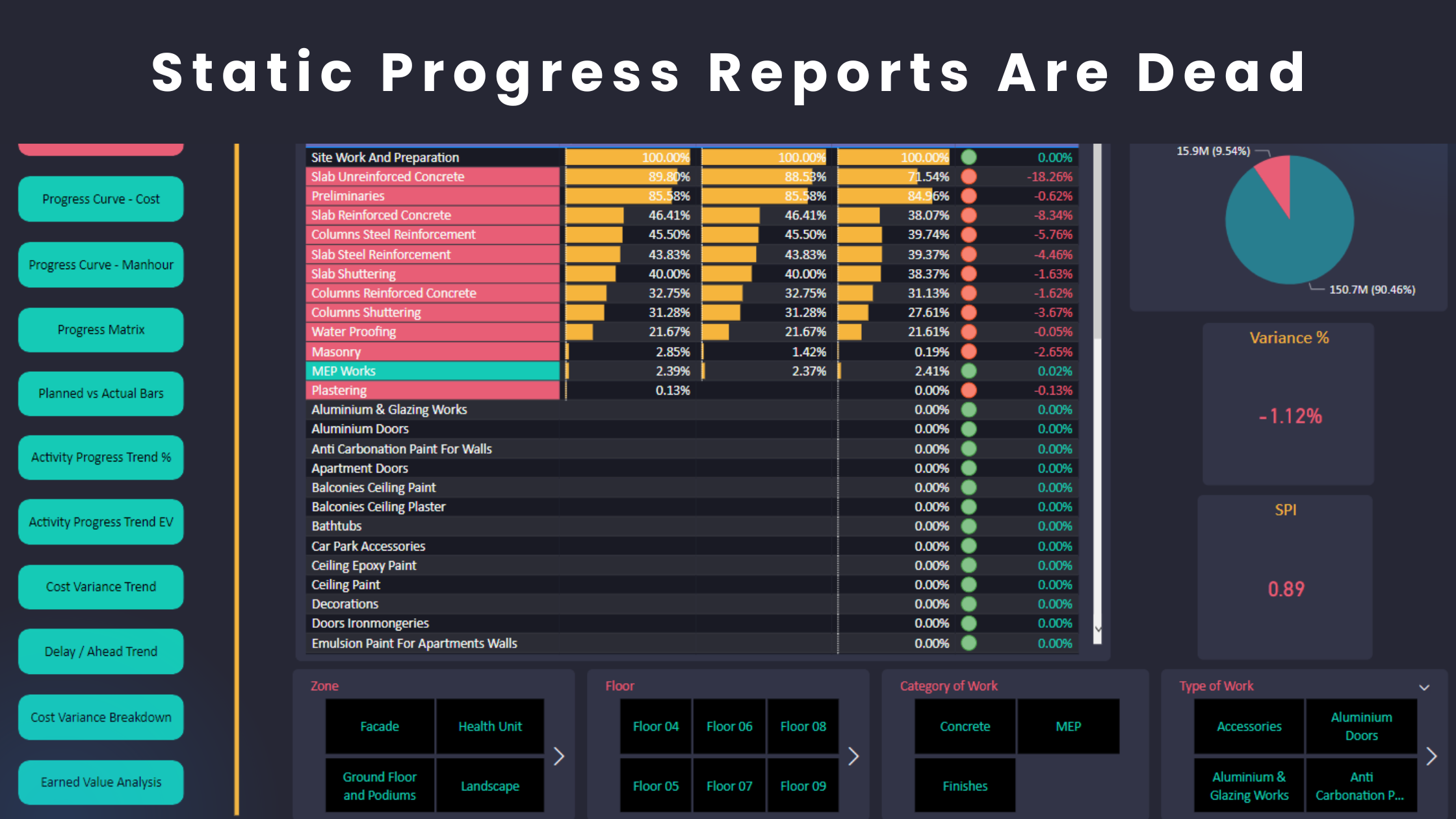A project control career can be very rewarding. You can be assigned on a new project or relocate to a new country and still use your skills to add value. Someone can take your job away from you but nobody can take your skills and knowledge away from you. When you repeat the same tasks over time, you take them for granted and don’t often realize how valuable they are. That said, your skills and knowledge are your greatest assets.
Demonstrating supreme competency in project control is rare. Such skills largely and directly contribute to the success of construction projects worth billions of dollars. Your knowledge can add a huge value and make the world a better place. This article will explain the challenges that prevent engineers from improving their skills and how to overcome such challenges.
Over the years, I met many planning engineers and could see patterns in their behaviour. In my opinion, there are four challenges that prevent planning engineers from acquiring exceptional skills that add value to the marketplace.
1- Laziness
You are probably reading this article because you want to improve your career. However, tens of thousands of engineers will be reading this article too. They are watching the same tutorial that you have just watched. It is a sad reality that the majority will have the short-term motivation or be entertained by the content but will not apply what they learn. The minority are staying up all night putting in the work. You are literally competing with everyone else. If you add laziness on top of that, you have little chance of making a prosperous career.

2- Distractions
Many engineers consume every piece of content out there. This clearly takes time and effort but doesn’t necessarily translate to a positive outcome. It is the quality of the content that matters. You need to consume “practical” content that can be directly applied at the workplace and add value to the team. This will help projects move forward.

3- Arrogance (most popular)
Many engineers don’t want to be perceived as inexperienced or incompetent. As a result, they don’t feel motivated to ask questions or seek knowledge. They always tell themselves: “I can figure this out on my own”. I am not judging anyone because I have been there myself. Our education system has done that to us but real life is really different. In college, we work on our own and we pass exams on our own. Therefore, our success has always been determined based on our individual performances. I am here to tell you that this is not the case in your career. You need people (a lot of them) to grow your career.
It is unlikely that you will keep working for your current Employer forever. You will likely have new colleagues over time. Planning engineers should ask their managers and the site team more questions whenever they have to. You can’t really know everything on your own. Moreover, it also makes sense to know about a common planning mistake from someone who has done it before and try to avoid it – someone who is older, wiser and more knowledgeable than you are. “Learn from the mistakes of others, you can’t live long enough to make them all yourself” – Eleanor Roosevelt.
I don’t mean that you keep asking questions and do nothing. You have to put everything you know into practice and still make mistakes. It is a part of the process. But asking questions and seeking knowledge will get you far better results over time.

4- Lack of reading
Why isn’t reading books popular among planning engineers? We all can agree that reading has benefits. Successful people such as Bill Gates and Elon Musk read a lot. For some reason, planning engineers haven’t developed the habit of reading books. On the other, there are many great books written by practitioners who have a significant amount of experience. They summarize several years of experience in content that you can consume in a few hours only. It is like having a highly experienced and well-paid mentor for an extremely affordable price. However, most of the best books have fewer than 10 reviews on Amazon. This suggests that very few engineers read in our industry.
I have read books that have knowledge that you cannot find in courses or degrees worth tens of thousands of dollars. How amazing is that? And it doesn’t take long before you reap the benefits. You can realize a huge spike in your knowledge and mindset right after you finish your first book. Make reading a habit and you will thank me later. I recommend checking the bio of the writers before you start reading the books. Make sure the content is written by an experienced practitioner. This way, you consume “practical” content that can be directly applied to your work. This will help you provide a higher value. Moreover, you will make sure that you receive a decent ROI by investing the time to read.

Conclusion
To succeed and have a prosperous career in project control, you have to put in the work, consume practical content, learn from others and read a lot of books. You will stack your skills and accumulate great knowledge over time. This way, you can build your most valuable asset – your skills. An asset that is far better than your home or car. Finally, you should learn any relevant software that adds value such as P6, advanced excel or Power BI.
Regards,
Osama Saad, MBA, PMP, PSP, PMI-SP
Learn More!
